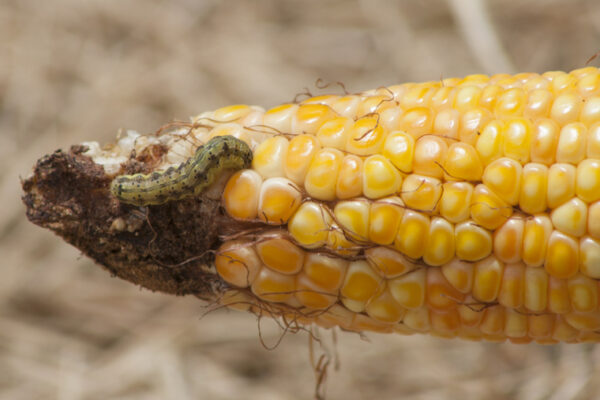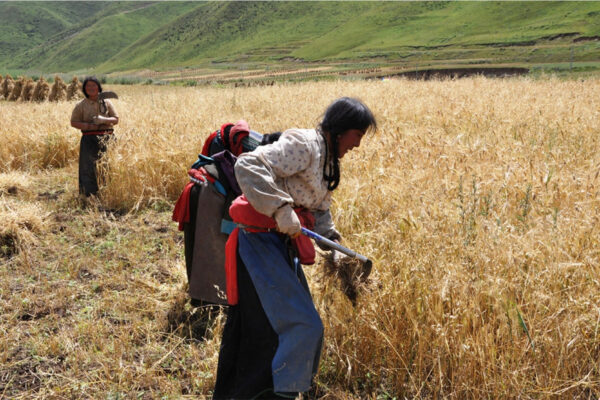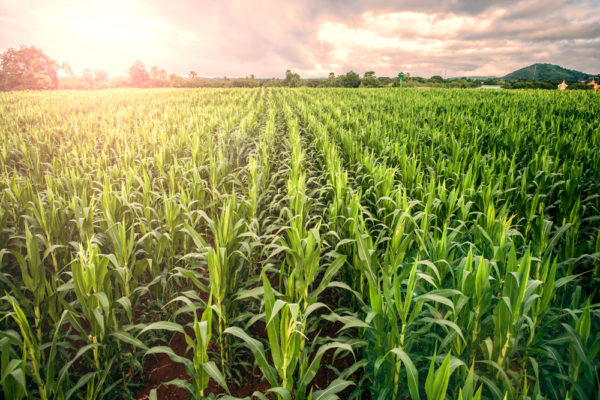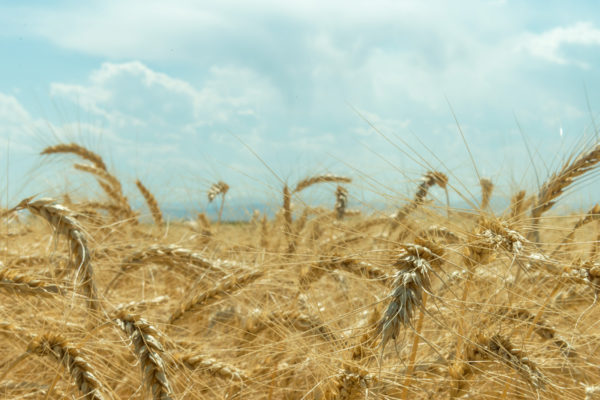Study first to show processes determining fate of new RNA pesticides in soils
Researchers at the McKelvey School of Engineering at Washington University in St. Louis develop a method to learn more about how a new type of pesticide degrades in the environment.
Prehistoric food globalization spanned three millennia
Prehistoric peasant farmers struggling to put more food on the table fueled the global spread of some of the world’s first and most important domesticated grain crops beginning as early as 7,000 years ago, according to an international study led by anthropologists at Washington University in St. Louis.
Young, hip farmers: Coming to a city near you
A new breed of American farmers are being drawn to the field by factors such as higher education, personal politics, disenchantment with urban life and the search for an authentic rural identity, according to new research by anthropologists from Washington University.
Machine learning used for helping farmers select optimal products suited for their operation
Washington University in St. Louis, in partnership with The Climate Corporation, a subsidiary of Bayer, are working to explore unique new technologies to advance the science behind hybrid selection & placement.
New clues on the origins of agriculture
Using a new approach, researchers from Colorado State University and Washington University have uncovered evidence that underscores one long-debated theory about the origins of agriculture.
Videos spotlight university ‘pioneers’ in GMO plant research
A new oral history series on the contributions of pioneering plant genetics researchers includes online video interviews with two professors who have strong ties to Arts & Sciences at Washington University in St. Louis: Glenn Stone and Mary-Dell Chilton.
World faces looming food and water challenges, say academic researchers
Climate change, water shortages and the loss of
farmland to pollution and urban sprawl are making it increasingly
difficult for farmers to feed the world’s growing population,
agricultural scholars from four continents said this week at an
international symposium held at Washington University in St. Louis.
How rice twice became a crop and twice became a weed — and what it means for the future
With the help of modern genetic technology and the
resources of the International Rice GeneBank, which contains more than
112,000 different types of rice, evolutionary biologist Kenneth Olsen has been able to look back in time at the double domestication of rice (in Asia and in Africa) and its double “de-domestication” to form two weedy strains. Olsen predicts the introduction of pesticide-resistant rice will drive ever faster adaptation in weedy rice.
Business school students work out plan for biofuels in undeveloped countries
Photo courtesy R. K. Henning and D1 Oils; www.jatropha.orgJatropha plantsDuring a practicum for the World Agricultural Forum, Washington University M.B.A. students realized that using ethanol as an alternative fuel in developing countries isn’t cost effective. Instead, they stumbled upon the jatropha plant, a hardy shrub with seeds that can easily produce oil to power basic generators. The students’ work demonstrated the potential for economic stability that jatropha could offer small villages. More…





